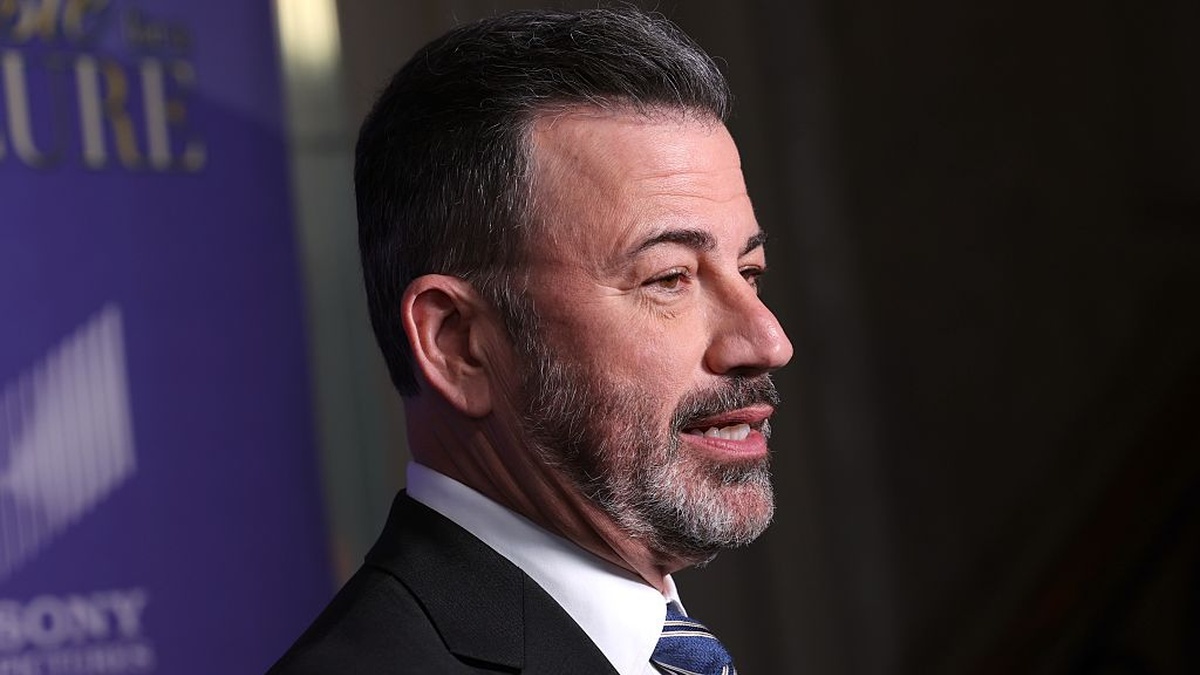Amy Jackson’s ethnicity has generated controversy. But she is not necessarily the problem itself, but an undeniable symptom of the problem.
BBC denominated her as an “all-English beauty queen” and that’s at the center of the issue. As a model from Liverpool, her life took a turn when director A.L. Vijay saw her in a photograph and decided she had “a really good look for his movie”.
She played a white woman in the film. And that’s perfectly fine.
The issue starts when she stops playing a character of her own race and becomes a pale face on a screen representing people whose faces are traditionally not that tone.
India’s entertainment industry’s whitewashing

Amy Jackson is Caucasian but due to her long dark hair, as BBC puts it, she was “allowed […] to pass for a local in her subsequent films.” Just because she was allowed doesn’t mean she should’ve been. And this is not on her but on an industry that sets unrealistic beauty standards for the women of its country. As this Redditor states:
It is most important for people, especially young kids, to see themselves appropriately represented on screen. But, unfortunately, Bollywood has had a bad colorism problem that prevents young brown women from seeing themselves represented on screen. It has happened that some directors would rather cast a paler Indian woman and darken her face than cast a darker, brown-skinned native woman. This, of course, is one of many socio-cultural consequences of colonialism and British imperialism that are still felt today.
Director Abhishek Kapoor has rightfully pointed out that “selling [Jackson] as a Punjabi or an Indian is deluding the audience and also making the Indian [native] woman feel inadequate.”
As someone who’s not from India or brown, I can’t speak as comprehensively about the problem as it requires. That never means we should ignore the issue because it doesn’t affect us, on the contrary, it just means that our perception will never be the same as those impacted first-hand.
Therefore, I’ll pass the word to a true Tamil girl, YouTuber ItsLava, someone who has been directly affected by this problem, to add her take on the issue:
Amy Jackson is not the problem, but ethically, and as someone in a privileged position, she should feel compelled to speak up or at least, not respond to the controversies as “diplomatically” as she has.
It is understandable to want to prioritize one’s career but, her response as quoted by the BBC shows that she sees the criticism only as the natural part of not being loved by everyone “whenever you’re in the public eye.” Although the maxim that you can’t always please everyone is somewhat true, in her particular case, her reply seems to indicate that she is missing the very valid and very relevant point that is being made on behalf of women who are not lucky to be as privileged as her.











Published: Jan 30, 2024 07:59 am